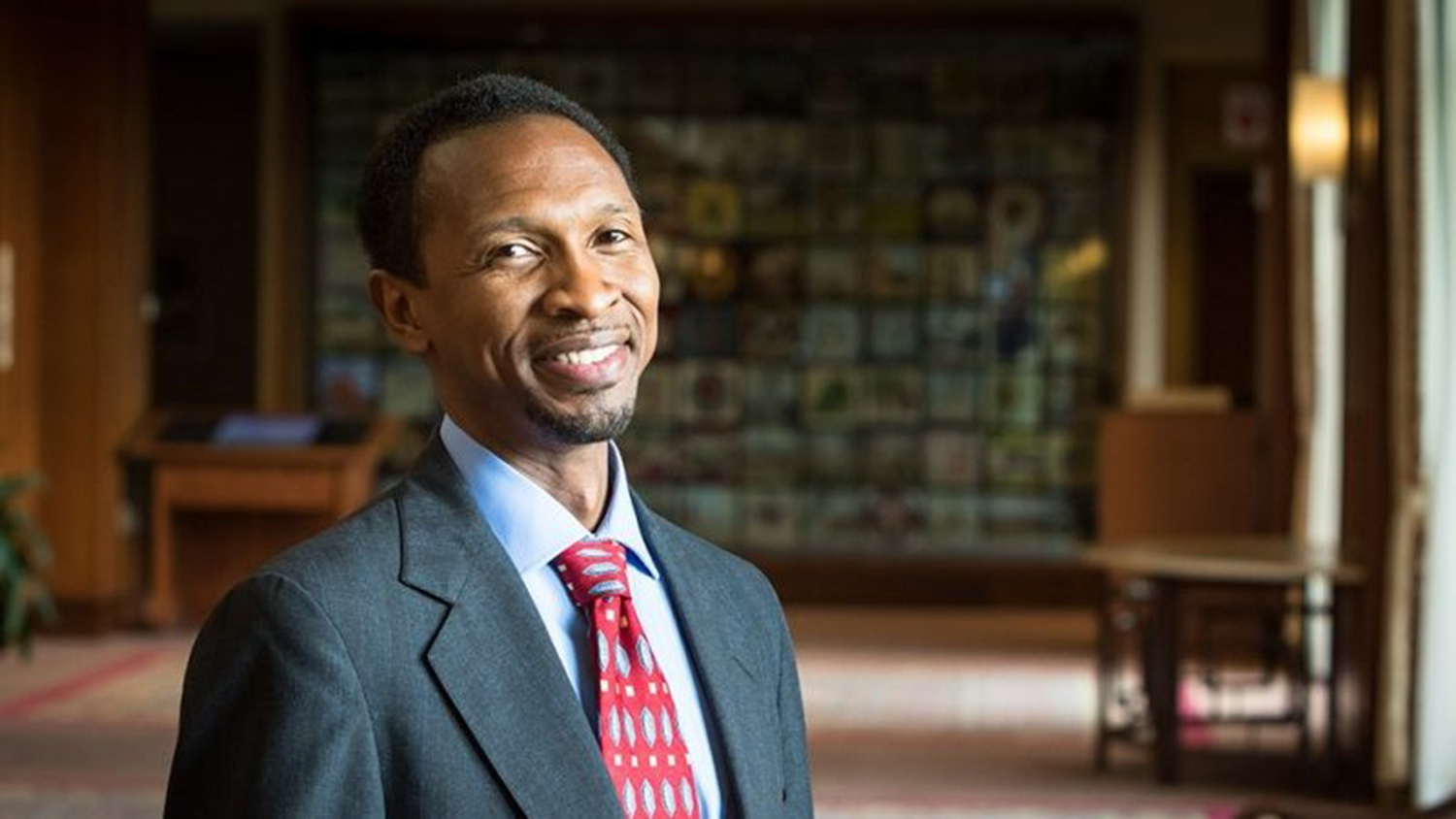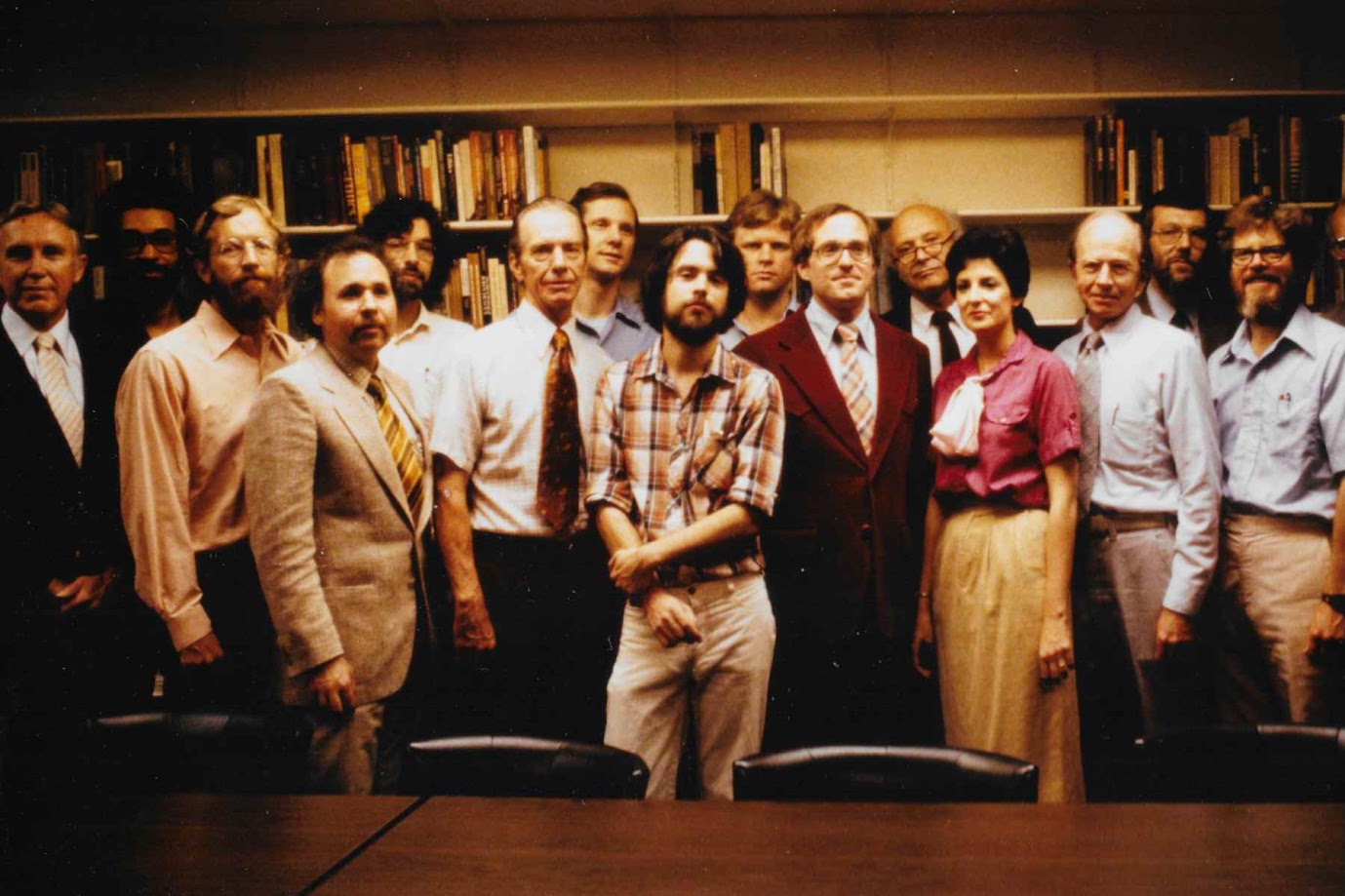Religion, the Cyborg, and the Digital Future of Humanity

NC State’s fifth annual Impact of Religion Lecture took place on a stormy afternoon on February 6 in Daniels Hall. The speaker was Sylvester Johnson, professor and director of the Center for Humanities at Virginia Tech. His title was “Of Matter and the Spirit: Religion, the Cyborg and the Digital Future of Humanity.”
Johnson opened his lecture with the observation that in 2017 Saudi Arabia became the first country to grant citizenship to an intelligent machine, a humanoid Artificial Intelligence (AI) robot named Sophia. Although widely discounted as a mere publicity maneuver, Sophia’s grant of citizenship was, he said, a harbinger of the political future of AI and humanity. What is the boundary between people and things? And how will the digital future of humanizing things relate to the racial history of objectifying people?
Johnson proceeded to examine the ways digital technology is exposing the role of religion in shaping ostensibly secular views of matter. From Aristotle’s ancient conception of the soul to Ibn Rushd’s 12th-century theory of an immaterial intellect to the information theory underlying contemporary neural networks, scholars had long asked what things can do and how they differ from people. What is the relationship between matter and its putative other (spirit?). Can matter want and feel? Can things think? Could an AI feel pain? Can an assemblage of machine parts be a person?
In response to these questions, Johnson discussed current AI research that combines humans with intelligent machines for applications ranging from medical therapy to military “super-soldiers.” He interpreted the relevance of these developments for scholars of religion and race, mooting the prospect of a new racialization on the horizon, one that promises to expose the limits of the human as a coherent category while creating new possibilities for machines.


